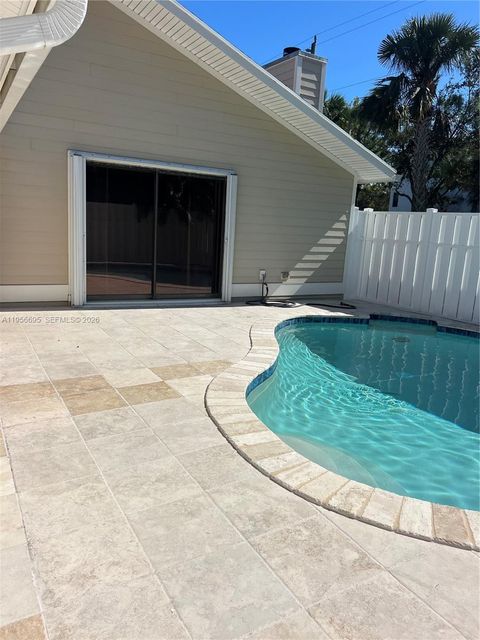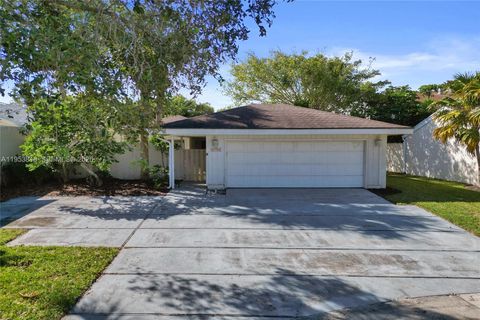Q: How do I get the real scoop on homes I am looking at?
A: Home inspections, seller disclosure requirements and the agent’s experience will help. Disclosure laws vary by state, but in some states, the law requires the seller to complete a real estate transfer disclosure statement. Sellers also are required to indicate any significant defects or malfunctions existing in the home’s major systems. A checklist specifies interior and exterior walls, ceilings, roof, insulation, windows, fences, driveway, sidewalks, floors, doors, foundation, as well as the electrical and plumbing systems.
The form also asks sellers to note the presence of environmental hazards, walls or fences shared with adjoining landowners, any encroachments or easements, room additions or repairs made without the necessary permits or not in compliance with building codes, zoning violations, citations against the property and lawsuits against the seller affecting the property. Also look for, or ask about, settling, sliding or soil problems, flooding or drainage problems and any major damage resulting from earthquakes, floods or landslides.
People buying a condominium must be told about covenants, codes and restrictions or other deed restrictions. It’s important to note that the simple idea of disclosing defects has broadened significantly in recent years. Many jurisdictions have their own mandated disclosure forms as do many brokers and agents.
Today a home inspection is more a necessity, not a luxury. A home inspection can boost your confidence about the condition of the property, especially when it comes to buying a foreclosure or short sale. As important, the home inspection and home warranty industries have grown significantly to accommodate increased demand from cautious buyers.
Be sure to ask questions about anything that remains unclear about the home inspection report or does not seem to be properly addressed by the seller disclosure forms provided to you.
| Back To Top |
Q: What are some tips on negotiation?
A: The more you know about a seller’s motivation, the stronger a negotiating position you are in. For example, seller who must move quickly due to a job transfer may be amenable to a lower price with a speedy escrow. Other so-called ”motivated sellers” include people going through a divorce or who have already purchased another home. Remember, that the listing price is what the seller would like to receive but is not necessarily what they will settle for. Before making an offer, check the recent sales prices of comparable homes in the neighborhood to see how the seller’s asking price stacks up. Some experts discourage making deliberate low-ball offers. While such an offer can be presented, it can also sour the sale and discourage the seller from negotiating at all.
| Back To Top |
Q: What contingencies should be put in an offer?
A: Most offers include two standard contingencies: a financing contingency, which makes the sale dependent on the buyers’ ability to obtain a loan commitment from a lender, and an inspection contingency, which allows buyers to have professionals inspect the property to their satisfaction. A buyer could forfeit his or her deposit under certain circumstances, such as backing out of the deal for a reason not stipulated in the contract. The purchase contract must include the seller’s responsibilities, such things as passing clear title, maintaining the property in its present condition until closing and making any agreed-upon repairs to the property.
| Back To Top |
Q: Can you buy homes below market?
A: While a typical buyer may look at five to 10 homes before making an offer, an investor who makes bargain buys usually goes through many more. Most experts agree it takes a lot of determination to find a real “bargain.” There are a number of ways to buy a bargain property:
- Buy a fixer-upper in a transitional neighborhood, improve it and keep it or resell at a higher price.
- Buy a foreclosure property (after doing your research carefully).
- Buy a house due to be torn down and move it to a new lot.
- Buy a partial interest in a piece of real estate, such as part of a tenants-in-common partnership.
- Buy a leftover house (inventory or “spec” home) in a new-home development.
| Back To Top |
Q: Should I purchase a home warranty?
A: My advice is if the home is more than 7 years old, yes.
| Back To Top |
Q: What steps do I need to take to begin my home search?
A: First, meet with a Buyer’s Agent. A good buyer’s agent will guide you in steps like pre-qualifying for a mortgage, determining how much home you can afford and looking out for your best interest in the real estate negotiations. Your buyer’s agent will help identify homes for sale (MLS Home Search) with your wants and wishes.
| Back To Top |
Q: Who pays the real estate commission?
A: The services of a Buyer’s Agent is 99% of the time at no cost to the buyer. With listed property for sale the seller of the home has already agreed to pay the real estate commission..
| Back To Top |
Q: What are closing cost?
A: Closing cost are lender fees, attorney fees, taxes, homeowners insurance premiums and state taxes associated with getting a new mortgage. There are very little closing cast associated with a cash sale.
| Back To Top |
Q: How do you choose between fixed and adjustable rates?
A: There is risk involved in selecting an adjustable rate mortgage, or ARMs, because rates may go up. On the other hand, a fixed-rate loan offers good protection against rising interest rates but the borrower is stuck with the initial rate if interest rates drop.
Statistics show that home buyers who have chosen ARMs since 1981 have saved thousands of dollars. For a period, the percentage of home buyers applying for ARMs rose substantially, then buyers and homeowners began flocking to fixed-rate loans.
Whether to opt for a fixed or adjustable rate mortgage is a matter of personal choice. The first route offers stable payments; the second offers lower initial payments. Another consideration is the length of time a buyer plans to own the home. If you’re planning on moving within three or four years, an ARM makes sense even if rates do nothing but rise during that period of time.
| Back To Top |
Q: How do you qualify as a first-time buyer?
A: In general, lenders define a first-time home buyer as someone who has not owned any real estate — whether a personal residence, vacation home or investment property — during the past three years. Lenders verify an applicant’s status by examining their income tax returns, checking to see that the individual did not take any deductions for mortgage interest or property taxes.
| Back To Top |
Q: When is the best time to refinance?
A: It depends on how long you plan to hold on to your house and if you have to pay anything to refinance. In addition, it also depends on how far along you are in paying off your current mortgage.
If you are going to be selling your house shortly, you probably will not recoup any costs you incur to refinance your mortgage. If you are more than halfway through paying your current mortgage, you probably will gain little by refinancing. However, if you are going to own your home for at least five years, that’s probably long enough to recoup any refinancing costs you incur and to realize real savings on lowering your monthly payment.
If it is going to cost you nothing to refinance, you can gain even more. Many lenders will allow you to roll the costs of the refinancing into the new note and still reduce the amount of the monthly payment. Also, there are no-cost refinancing deals available. In any case, it pays to consult your lender or financial advisor, or run the numbers yourself, before you refinance.
| Back To Top |
Q: What can I do if I have bad credit?
A: While some people have rebounded from a foreclosure to buy another home within several years, credit problems stemming from a foreclosure can continue much longer for others.Real estate experts say you should be candid with your lender in discussing these issues. If your bankruptcy resulted from losing your job due to your employer’s financial difficulties, a lender probably will look upon your situation more favorably than if your bankruptcy was caused by overextended credit cards.
| Back To Top |
Q: How do I get pre-qualified with a lender?
A: I suggest in the Treasure Coast market that buyers speak to a local lender. A local lender is invested in our community and has a better feel for the Treasure Coast real estate market when it comes to the appraisal process.
| Back To Top |
Q: What is the minimum down payment I will need?
A: In most cases, you can put as little as 3.5% down payment with an FHA Loan. Conventional Loans will require 5-20% depending on a buyers credit history and purchase price amount. If you are active or retired military you may qualify for a VA Loan, which requires zero down payment.
| Back To Top |





